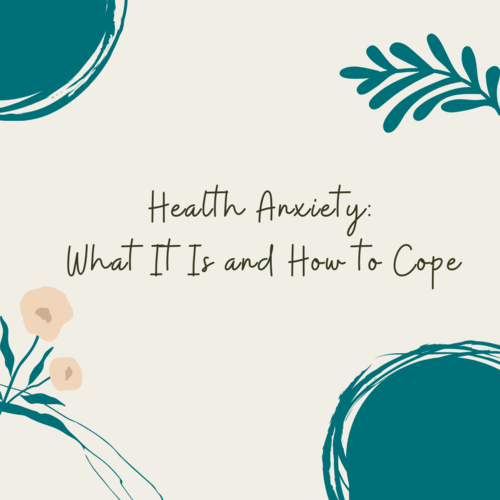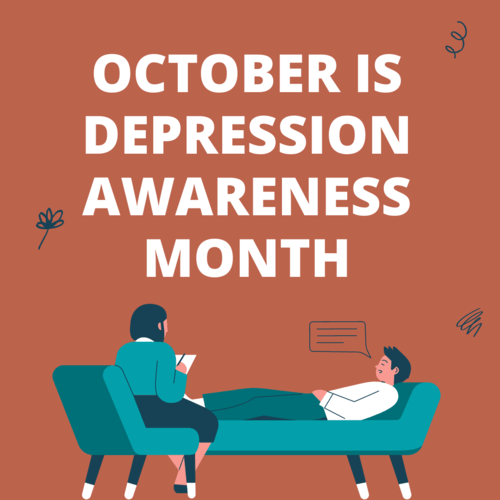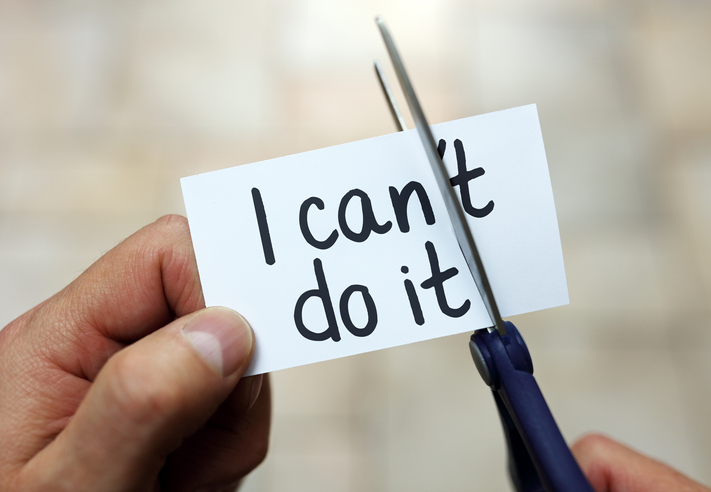Humans are social creatures, and it is normal to seek out relationships and find comfort amongst others. Most people have an innate need to belong and feel accepted. Finding an appropriate, healthy attachment with someone can take a lot of work. After all, we all have problems with our relationships — no one is perfect.
WHERE DO ATTACHMENT STYLES STEM FROM?
Some adverse childhood experiences can still influence you to this day. Without realizing it, the way you bonded with your parents and how you interacted with your peers at a young age plays a significant role in your attachment style. The relationships we have with our guardians as a child influence our social and intimate relationships in the future. Simply put, if you have unhinged or unstable parents as a kid, your relationships may be in for a wild ride.
As an adult, if you find your relationship hitting the same ruts, some adjustments may need to be made. Are you easily jealous or overly clingy? Do you find yourself wanting to only hang out with your significant other, ignoring your friends? Do you shut down immediately when your partner says something you don’t like? Therapy, paired with education about attachment styles, can provide a deeper understanding of how you can improve your relationships. It is helpful to understand what kind of attachment style you and your partner have to understand each other on a deeper level.
Anxious-Preoccupied Attachment
An individual with an anxious-preoccupied attachment style requires constant validation. They are usually seeking approval, support, and attention from their partner. They often struggle with being alone and have an intense fear of abandonment. There may be a history of emotionally turbulent relationships that fuel the fire for this anxious attachment style.
The anxious-preoccupied individual often feels insecure and is preoccupied and often obsessed with how their partner views them. They are anxious about every aspect of the relationship and need constant reassurance. The past is a significant determinant of this attachment style. They most likely have been burned by a past relationship and have trouble moving forward in new relationships. Individuals with this attachment are known to be kind-hearted and sensitive, but some behavior may be perceived as too needy or clinging too tight.
Dismissive-Avoidant Attachment
This type of attachment is characterized by the independent, “lone wolf” persona. They rarely depend on others for emotional comfort or support. They avoid being intimate and vulnerable and push away those who get too close. Dismissive-avoidants typically have few close friends; they do not want to depend on others, and they do not want to be depended upon. There is a lack of commitment due to being extremely self-reliant.
Independence can be a good thing — to an extent — but the person who forms dismissive-avoidant attachments takes their need for independence to an extreme. However, this individual tends to open up emotionally when there is a shared experience or crisis. The bonds that do form with this individual are deep and emotionally charged.
Fearful-Avoidant Attachment
Individuals with fearful-avoidant attachment push people away due to an intense fear of rejection. In this case, the act of pushing people away is done out of fear and not because of trying to maintain independence. They desperately want to feel connected but have a hard time trusting others. They tend to rely on themselves and often see themselves as abandoned, but they push people away, in actuality. There is a constant fear that their partner will view them in a negative light and leave. The fearful-avoidant has significantly low self-esteem and persistent negative self-talk.
Fearful-avoidant attachment stems from a history of childhood grief, abuse, or abandonment. Therapy can help individuals with this attachment style learn the first steps of trusting people. Therapy can also help this individual explore their past and pinpoint the reasons why they fear rejection.
Secure Attachment
People with secure attachments can draw healthy boundaries. They are open with others and are comfortable sharing feelings. In arguments, they do not blame or attack others but rather aim to understand and talk it through. These individuals are capable of trusting others and seeking support when needed. They can grieve, learn, and move forward.
The secure attachment style is described as the healthiest form of attachment. The ability to trust others and form boundaries when needed creates lasting relationships, both romantically and socially.
WHAT’S YOUR ATTACHMENT STYLE?
If you don’t have an idea of what your attachment style is yet and want to take a test, you can take this one for free and it only takes 5 minutes. It’s a great resource that will give you an idea of your attachment style across different relationships—parents, friends, romantic partners.
If you don’t want to take the test, the gist of it is this: if you’re consistently avoiding commitment, avoiding your romantic partners, shutting them out, or not sharing things with them, then you’re probably pretty avoidant.
If you’re constantly worrying about your partners, feel like they don’t like you as much as you like them, want to see them 24/7, need constant reassurance from them, then you’re probably anxious.
If you’re comfortable dating people, being intimate with them and are able to draw clear boundaries in your relationships, but also don’t mind being alone, then you’re probably secure.
Note, however, that there are some individual differences in how strongly we might identify with each attachment style. For example, you might be securely attached in most areas but have some anxious or avoidant tendencies in other situations.
That said, most people typically have a predominant attachment style they tend to fall back on in their close relationships.
Using Attachment Styles in Relationships
Attachment styles are not labels. They are categories aimed at helping us understand how we bond in our relationships. Most people do not have any fixed attachment style but have a mix of them. Learning about your partner’s attachment style can help benefit the success of your relationship. When in a relationship, it is important to feel heard and validated. Boundaries and trust are crucial for healthy relationships. Learning about your attachment style can benefit the long-term outcome of your relationships. Knowing and learning about your attachment style can lead to a deeper understanding of yourself and your partner. Attachment styles can serve as a guide for how to approach your partner or what to be aware of with your own relational tendencies.








